Keywords: Poem
There are more than 200 results, only the first 200 are displayed here.
-
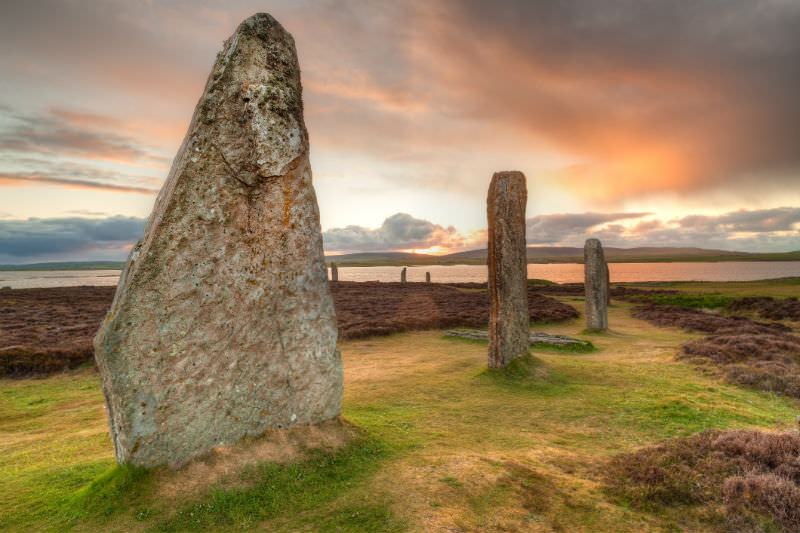
ARTS AND CULTURE
- Earl Livings
- 24 February 2020
2 Comments
I circle the huge granite standing stone sunwise three times, as my ancestors did long before the designs of cranes and coins, of theory. ‘Tell me how and what they thought.’ No answer but the wheeling murmuration of a thousand starlings. A stubble field.
READ MORE 
-
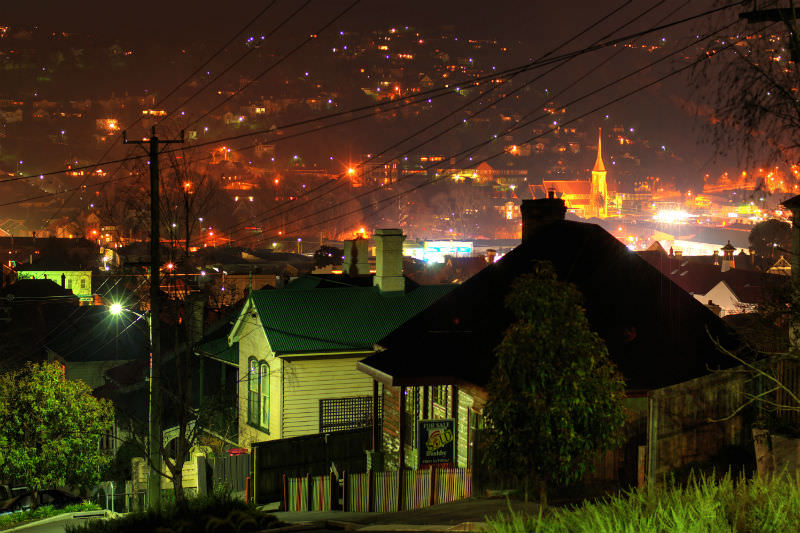
ARTS AND CULTURE
- Najma Sambul
- 11 February 2020
2 Comments
The group had come together by the chance enquiry from one churchgoer who asked another if they could dedicate time to this — to us. So, we clambered into a mini van with our meagre possessions, and the myths and half-truths we knew about Australia followed suit.
READ MORE 
-
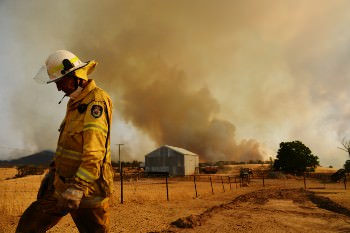
ARTS AND CULTURE
- Bill Rush, Rory Harris, Collen Keating
- 13 January 2020
2 Comments
It's as though it's suddenly turned winter, the way the earth is covered over and the grey stretch of ash is drawn up to its chin like a blanket. And though it's day, the bird-less quiet is a kind of night, and everything we ever thought we knew has been turned upside down, the first now last, and the last first.
READ MORE 
-
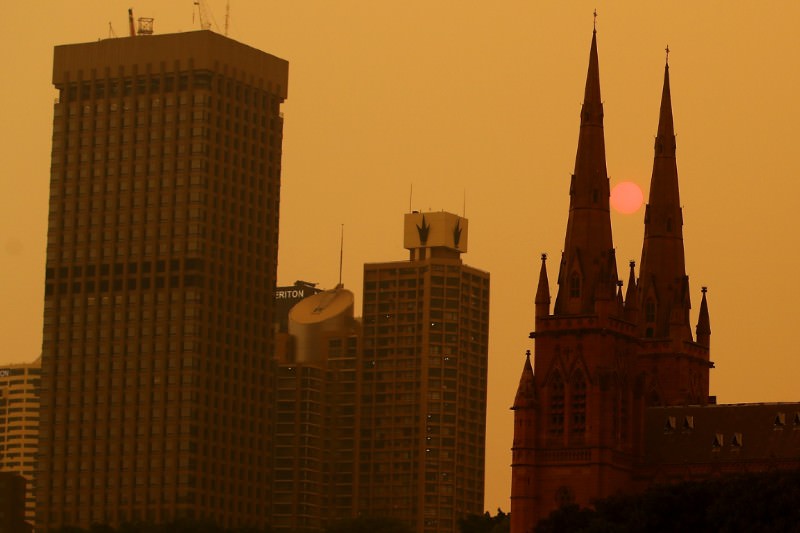
RELIGION
- Andrew Hamilton
- 17 December 2019
15 Comments
This year the contrast between the original story of Christmas and its Australian circumstances has cut even deeper. Bushfires have taken lives, destroyed properties and spread smoke and ash over cities. If the theme of the first Christmas was one of hope and joy, behind the bushfires this year lurks anxiety about the future of the world.
READ MORE 
-
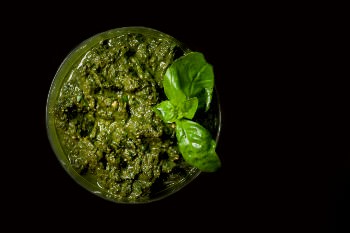
ARTS AND CULTURE
- Paul Hetherington
- 09 December 2019
2 Comments
You don't know the word for butter, so you spend seconds miming the way it froths in the pan. The owner of the shop says nothing. You want to buy their famous pesto, but it's nowhere on display. You speak to other customers, who nod and frown. Eventually you point at fragrant cheese and a melon that smells of ripest green.
READ MORE 
-

ARTS AND CULTURE
- John Allison
- 25 November 2019
2 Comments
I dreamed Thoreau told me that whenever I was lost, if only I'd remember that it was not I but simply those familiar places of the world that were lost then I would realise at last the trick of standing upright here ... Everywhere, departure opens wide its gates into the nothing that awaits us in the dusk
READ MORE 
-
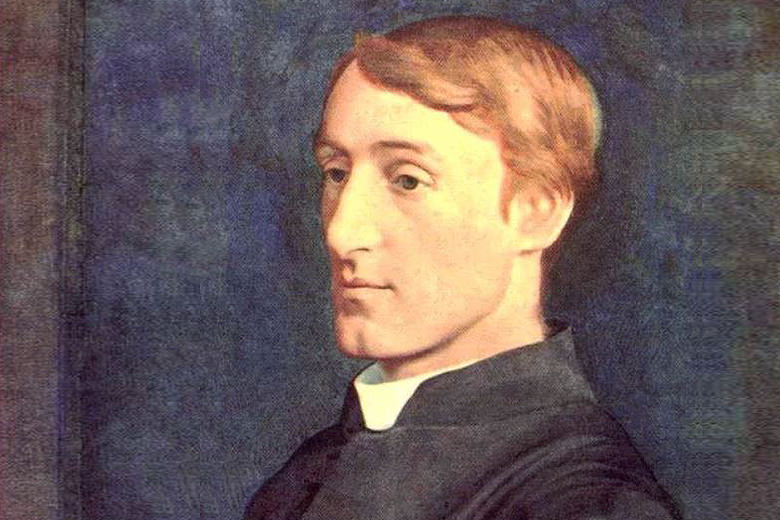
AUSTRALIA
- Andrew Hamilton
- 25 November 2019
5 Comments
Hopkins' words highlight how difficult it is for poets or lesser human beings to focus consistently on the particularity of each human being, let alone of each being in the world. Yet this is a necessary condition for recognising the claim that each person and the world make on us. It is no wonder that we sometimes falter in our commitment.
READ MORE 
-
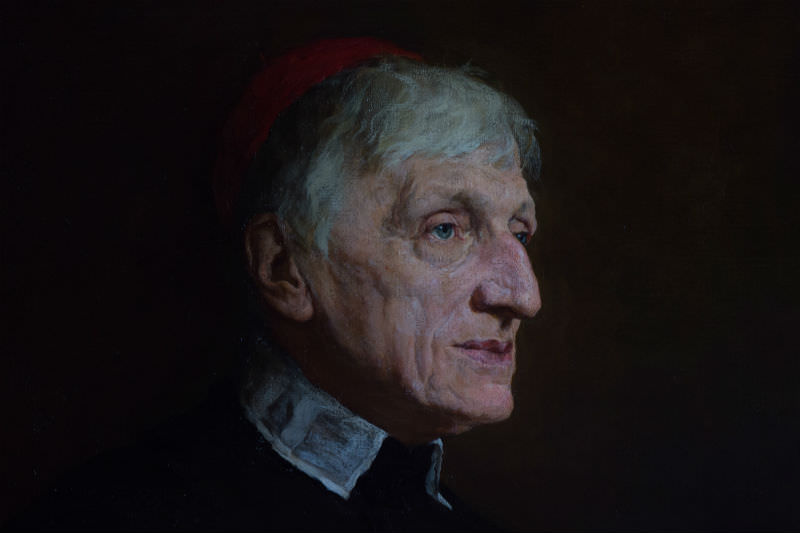
RELIGION
- Gillian Bouras
- 15 November 2019
6 Comments
Dad is out watering the garden, but all the front windows are open, so he can hear the piano and his wife and two daughters singing. He often hums along to our repertoire, which is a mixture of Anglo-Celtic songs, Australian numbers — and, memorably, 'Lead, Kindly Light', written by the recently canonised St John Henry Newman.
READ MORE 
-
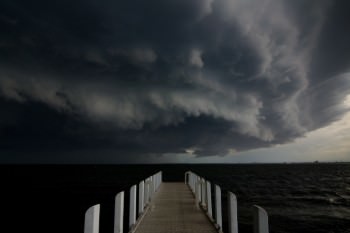
ARTS AND CULTURE
- Libby Hart
- 11 November 2019
1 Comment
It's difficult to move in this landscape. Haunted and fragile and tragic, there's no place that is benign. A cursed house, the Greeks might say.
READ MORE 
-

MEDIA
- Kate Moriarty
- 25 October 2019
51 Comments
Hi Leunig. I saw that cartoon you made about me. You know the one. There’s a mum looking at her phone and she doesn’t realise her baby's fallen on the ground and it comes with this twee poem about how the baby wishes his mother loved him more. This is awkward. I remember that day well.
READ MORE 
-
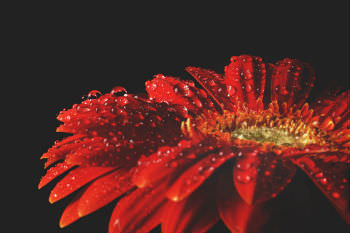
ARTS AND CULTURE
- Michael Sharkey
- 14 October 2019
3 Comments
The voices of two women in the train up to the highlands rise in volume and insistence ... 'Mother, they're not Germans. I said, gerberas, they're all around the farm. Just wait, you'll see them from the window of the lovely room we've set up for your stay. A field of gerberas in full bloom.' 'And are the Germans all in uniforms, then, dear?'
READ MORE 
-
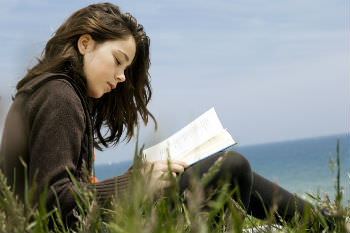
ARTS AND CULTURE
- John Falzon
- 07 October 2019
2 Comments
I love reading about the lives of the poets. The ones for whom nothing good ever happened. The ones who were sure that if they did not write, they would surely disappear. The ones who tried to make the invisible visible, and failed; who carried news to this world from another one, as if it were bottles of wine and loaves of bread.
READ MORE 